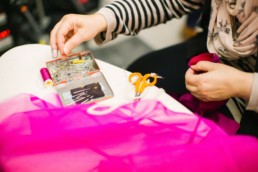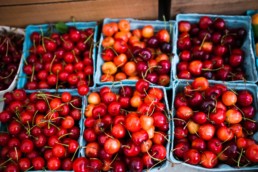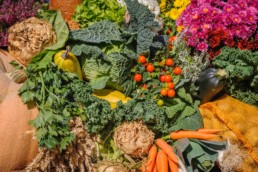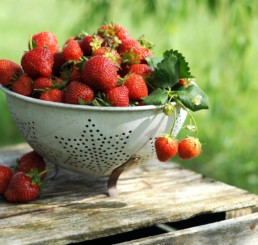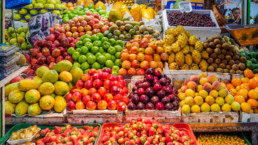Bio vs non bio - which uses less plastic packaging?
Plastic packaging is one of the major pollutants of our planets, we all know the excessive damage that plastic has done to the environment. What you may not know, is that we as consumers can have an impact with our buying decisions. We decided to go to several big supermarkets in Switzerland including Coop, Migros and Aldi… and take note of how many vegetables and fruits were wrapped in plastic, where were they imported from, were they grown locally and are the products bio?
Some facts to warm you up first: the environmental organisations Greenpeace and Zero Waste Switzerland say the country isn’t doing enough to reduce its plastic waste. Switzerland produces nearly 100kg of plastic waste per inhabitant per year, but only 10% is recycled while the rest is burned in incineration plants or cement factories, according to the Federal Office. 84% of bio vegetables in Switzerland are wrapped in plastic, shows the Konsumentenschutz.
An article from SRF showed that 54% of products offered are wrapped in plastic. Interestingly enough, after asking almost 2500 people whether they would renounce buying bio-vegetables if they were wrapped in plastic, with 59% answering yes. More intriguing is that by non-bio vegetables the plastic quota lies at 44% while by bio-products it’s 84%. Apparently Migros, Lidl and Denner even package all found bio-products in plastic, while by Coop it’s 78% and by Aldi it’s 63%.
Some interesting takeaways then came when conducting primary research in the grand supermarkets here in Lausanne, Switzerland. Migros’ own brand Fresca always uses heavy plastic packaging for fruits and vegetables. It was also clear that it was a mix of bio and non-bio products that were wrapped in plastic. Bio peaches from Italy, Swiss bio tomatoes, carrots and fennel were all plastic in cartons and wrapped in plastic. From those that were wrapped in heavy plastic packaging they were either Migros budget, the Fresca brand or bio products.
Looking at Coop afterwards it was found that no products wrapped in heavy plastic packaging were bio, but instead either the Primagusto line (one of their budget lines) and coop prix. Then for those wrapped in half carton and half plastic were mainly their bio products (around 75%), and then several coop prix products. There were also products that were wrapped in plastic but not to such an extent (either with HDPE or cling wrap), again mainly either bio products or from the coop prix line.
From Aldi most products were wrapped in plastic, although out of 24 products found to be wrapped in plastic only 4 were bio (found out the exact amount of bio products and overall products).


